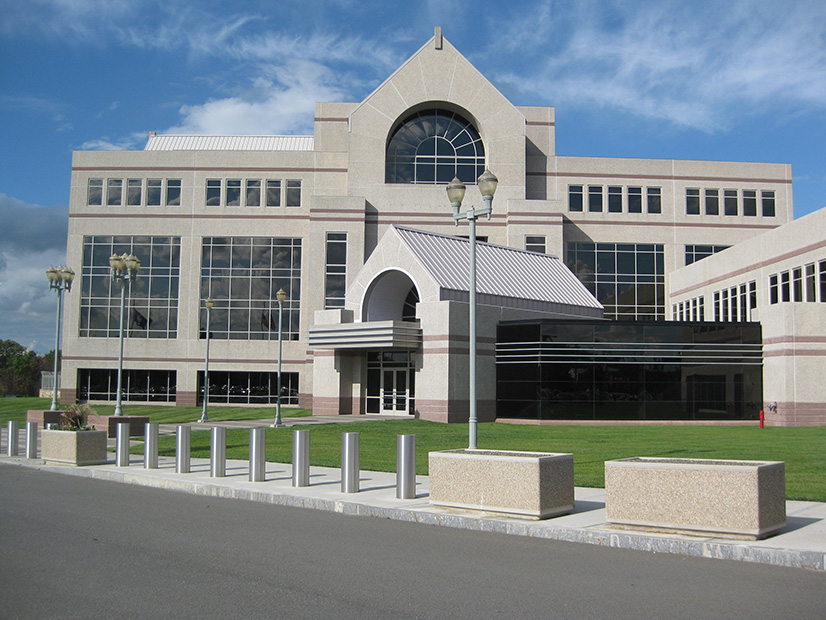Inverter-based Resource Work Plan
Roger Clayton of the New York State Reliability Council (NYSRC) informed stakeholders at Thursday’s Transmission Planning Advisory Subcommittee (TPAS) that the council is developing interconnection reliability rules for inverter-based resources (IBRs).
Clayton said there is an “urgency” for the project because there is no standard interconnection process for IBRs, save for IEEE 2800, which, although approved last February, has yet to be adopted by any authorized agency responsible for regulating interconnection requirements.
Additionally, NERC has only released guidance documents. Although helpful, they “are not standards and only recommendations,” Clayton said.
Therefore, NYSRC is “taking action now” to get ahead of the anticipated influx of IBR projects in NYISO’s interconnection queue.
The IBR standards will be based around IEEE 2800 but tailored to the New York market. NYSRC is looking to get them in place as soon as possible, with the goal of having them be applicable to the Class Year 2023 slate of resources.
Clayton admitted this will be challenge, because NYSRC lacks relevant modeling and validation expertise; IBRs are new technologies that NYSRC has not extensively handled; and the timing will be tight, as CY23 starts Feb. 13.
NYSRC, however, has been working on the project since last year, and Clayton was confident that even if it misses its self-imposed deadline, it would still work to get the rules in place.
Clayton emphasized the project’s importance, calling attention to ERCOT and CAISO, which have both seen upticks in IBR interconnections but have experienced difficulties.
Gillian Coats, director of interconnection at Boralex, asked whether NYSRC was “putting the cart before horse” by trying to implement these new rules without a clear procedure in place.
“In a way we are,” said Clayton, “but if we wait, then there will be a bunch of projects that are interconnected without an objective standard, so there is definitely a tradeoff.”
Clayton, who is also chair of the council’s Reliability Rules Subcommittee, told stakeholders that NYSRC will host a meeting in two weeks to discuss the IBR draft rules and solicit additional stakeholder feedback.
Queue Reform
Thinh Nguyen, senior manager of interconnection projects, told stakeholders that NYISO continues to work on the interconnection queue to make it more responsive, transparent and expeditious.
Nguyen said that the queue has expanded from 120 projects in 2018 to 475, which has placed a tremendous workload on NYISO staff.
After initial stakeholder consultations, NYISO came away with several modifications. These included improving the interconnection portal; creating and hiring a dedicated stakeholder interaction liaison who can provide inquiry service to allow engineers to focus on technical issues; adding more project managers to handle collaborative utility processes; and eliminating certain evaluations.
These have not required tariff changes, and several have already been implemented. But NYISO anticipates that further tariff-related enhancements will be required. (See NYISO Investigating Tariff Changes to Improve Interconnection Processes.)
Nguyen said the ISO will solicit further stakeholder feedback for the next two months, requesting comments be sent to stakeholder_services_IPsupport@nyiso.com. It will then spend spring addressing feedback and refining tariff proposals before seeking approval votes in the third quarter to ensure changes are filed with FERC before the end of the year.
Class Year Updates
NYISO Manager of Facility Studies Wenjin Yan updated stakeholders about the current status of Class Year projects.
CY21 was completed Jan. 11, and NYISO sent a notice to developers about the CY23 start date, noting that developers had until Jan. 20 to inform the ISO if they wanted to enter CY23. (See NYISO Completes Class Year 2021 Projects.)
NYISO also informed stakeholders that the next expedited deliverability study would start Feb. 23.



